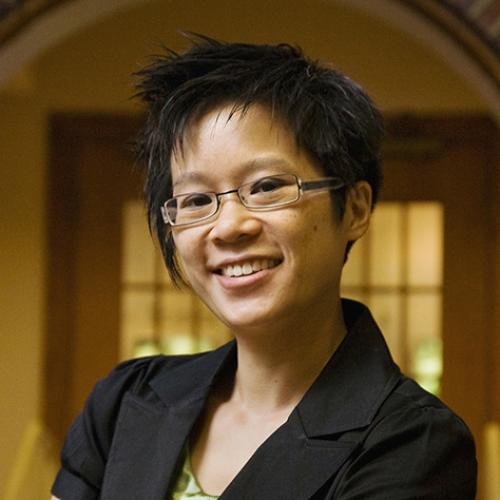Assistant Professor Bonnie Mak has been invited to lead a session of the Folger Shakespeare Library’s Teaching Book History workshop series on December 13-15, 2012. Hosted as a collaborative effort between the Folger Institute and the Folger Undergraduate Program, the three-day series will explore strategies, resources, and challenges in teaching book history to undergraduate students.
Mak’s session, “The Book as Technology,” will examine methods of teaching the history and implications of the book as a physical and technological object:
Participants will share assignments and resources that consider the book as a technological device. Of particular interest will be encounters with the book at any point on the spectrum from scroll to screen. Participants might foreground the physical construction of books and the visualization of information as it is shaped by the movements of texts and their iterations across time, materials, and media. The discussion will explore the social practices engendered by these platforms and consider the multiple ways in which the book contributes to the production of knowledge.
Approximately fifty librarians, faculty, and graduate students have been accepted to participate in the event, which will feature eight workshop sessions and a series of speakers addressing topics from the integration of textual studies in curricula to the relationship between digital humanities and the field of book history.
Mak holds an appointment of assistant professor at GSLIS as well as in the Program of Medieval Studies at the University of Illinois at Urbana-Champaign. Her course in History of the Book (LIS590HB), which explores written materials as physical, cultural, and intellectual objects, will be offered at GSLIS in the spring.
